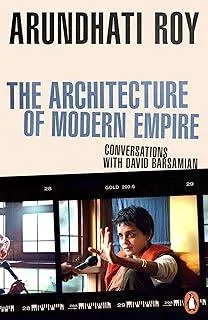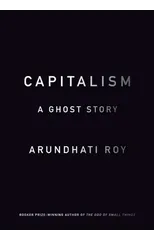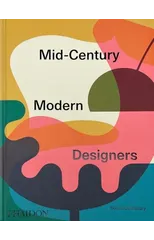The Architecture of Modern Empire
(Author) Arundhati RoyOver a lifetime spent at the frontline of solidarity and resistance, Arundhati Roy's words have lit a clear way through the darkness that surrounds us. Combining the skills of the architect she trained to be and the writer she became, she illuminates the hidden structures of modern empire like no one else, revealing their workings so that we can resist. Her subjects- war, nationalism, fundamentalism and rising fascism, turbocharged by neoliberalism and now technology. But also- truth, justice, freedom, resistance, solidarity and above all imagination - in particular the imagination to see what is in front of us, to envision another way, and to fight for it. Arundhati Roy's voice - as distinct and compelling in conversation as in her writing - explores these themes and more in this essential collection of interviews with David Barsamian, conducted over two decades, from 2001 to the present.
Arundhati Roy
Arundhati Roy is an Indian author, activist, and essayist known for her unique writing style that blends fiction and non-fiction. She rose to fame with her debut novel "The God of Small Things," which won the Man Booker Prize in 1997. Roy's writing is characterized by its lyrical prose, vivid imagery, and social commentary on issues such as politics, inequality, and environmental degradation. She is also a vocal advocate for human rights and environmental causes, using her platform to raise awareness and inspire change. Roy's work has had a significant impact on the literary genre of post-colonial literature and continues to be studied and celebrated worldwide.






